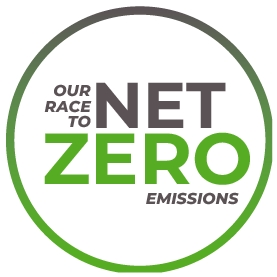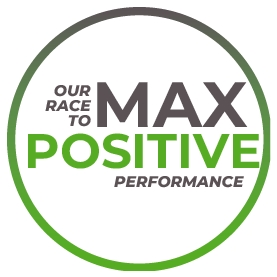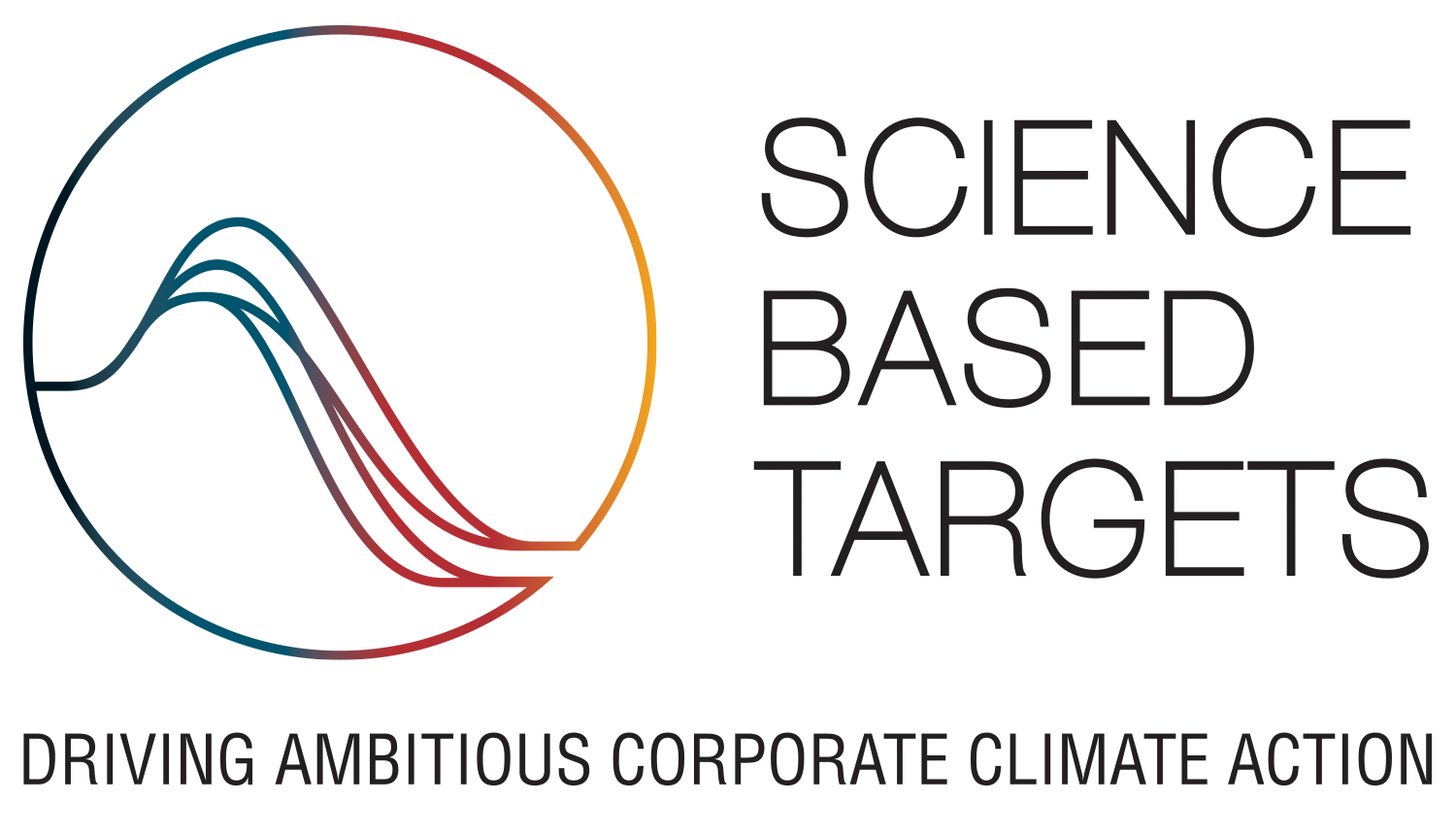Sustainability & ESG
Sustainable progress through insulation
Recticel Group is driven by societal needs. Smart insulation systems have a very significant role to play in improving the energy performance of buildings and the sustainability of the construction sector as a whole. Knowing that sustainability adds value and drives success for all our stakeholders, we innovate to support healthy, energy-efficient lifestyles, reduce carbon emissions and use resources with the utmost care.
We take responsibility for our impact on the planet and society at large, paying attention to sustainability along our entire value chain, from raw material sourcing to product manufacturing, consumption and end-of-life. This includes our own activities and those within our sphere of influence, upstream as well as downstream.
We are executing our ESG strategy through two routes: Our Race to Net Zero and Our Race to Maximum Positive Performance.

Objectives:
- Fight climate change through decarbonisation and resource efficiency
- Deliver on our SBTi commitment
Our Race to Net Zero is a focused Climate Action Plan for our fight against global warming. It includes clear targets and KPIs to further reduce our carbon footprint to net zero impact and increase the positive impact of our activities. Our efforts focus on responsible selection of raw materials, sustainable, energy-efficient processes and eco-design. Our ambition is to be a forerunner in the global transition to a circular, low-carbon economy.
Objectives:
- Foster a trustful and caring culture; stimulate empowerment and collaboration; embrace Simply Safe; develop talents and skills
- Maximise our products’ contribution for people, planet and society
Our Race to Maximum Positive Performance is our People and Solutions Plan. It is based on our conviction that, to create a better society, we must act together and share knowledge, expertise and technology. This means maintaining the highest standards and principles on human rights, labour, the environment and anticorruption. As an employer, we strive to guarantee an inspiring, rewarding and safe place to work. We constantly improve the sustainability and energy performance of our solutions to create better living standards for current and future generations.
Our SBTi targets
Adhering to the Paris Agreement to pursue efforts to limit global warming to 1.5°C, we submitted two near-term targets and a long-term target for review by SBTi in October 2022. All targets have been assessed against the SBTi’s quantitative and qualitative criteria, along with the Target Validation Protocol (version 5.1) and were approved on 14 February 2024.
The Science Based Targets initiative (SBTi) is a collaborative effort between CDP, the United Nations Global Compact, World Resources Institute (WRI), and the World Wide Fund for Nature (WWF). It provides companies with a framework to develop science-based targets (SBTs) for greenhouse gas emissions reduction consistent with the latest climate change scenarios and corresponding carbon budgets.
Our involvement with the SBTi underscores our dedication to environmental stewardship and corporate responsibility. By setting science-based targets, we are not only contributing to the global effort to combat climate change but also positioning ourselves for long-term success in a low-carbon economy.
|
|
Overall Net-Zero target Near-Term targets
Long-Term targets
Date of approval: 14 February 2024
Recticel chose operational control as the consolidation approach and all divisions have been accounted for in the inventory boundary. All targets have been assessed against the absolute contraction approach. |
Our sustainability indicators – Climate action plan
All our emissions are calculated according to the Greenhouse Gas Protocol for the full scope of our divisions – Insulation Boards, Insulated Panels, Acoustic Solutions – for the years 2021, 2022 and 2023. Due to a major methodology change resulting from obtaining more granular data from key suppliers (e.g. impacting scope 3, category 1 - Purchased goods & services), we restated the previous years, including the SBTi base year. This restatement is also due to the inclusion of Soundcoat in our scope 1, 2 & 3 calculations.
The 2023 absolute emission reduction in scope 1 & 2 versus base year 2021 is in line with the projected plan to reach 90% reduction by 2030 (SBTi). This is demonstrated by the carbon and energy intensity indicators, based on sales volume, which eliminates any price volatility, irrelevant to the climate change contribution.
|
scope 1+2 GHG emissions |
scope 1+2+3 GHG emissions* * incl. Cat. 3.15, Investments |
Our avoided emissions
Avoided emissions are emission reductions that occur outside of a product’s life cycle or value chain, but as a result of the use of that product. There is no international standard or consistent terminology to describe avoided emissions.
To estimate and report the comparative emission impacts of products, the World Resources Institute (WRI) issued a comprehensive working paper and neutral framework in 2019, which can be found on the GHG Protocol website. Recticel followed the recommendation in the WRI report and calculated its avoided emissions through the Attributional Life Cycle Assessment (LCA) approach. This is a widely used method for assessing the environmental impacts of a product or service throughout its entire life cycle, from extraction of raw materials to end-of life disposal. To allow a correct comparison with other companies reporting avoided emissions, it is essential to note that the full scope of our insulation activities has been considered as well as the totality of GHG emissions (scope 1+2+3) as recommended by the WRI, and not only the emissions related to our own operations.
Over the lifetime of the use of our building insulation products sold in 2023, more than 22 million tons of CO2e emissions will be avoided. In other words, the ratio between the avoided emissions and Recticel ‘s carbon footprint scope 1, 2 & 3 in 2023 was 34.
Avoided emissions*
* estimated from all our building insulation products over their lifetime
** excl. Cat. 3.15, Investments
Our sustainability indicators – People & solutions plan
Safety
Frequency 1
Number of Lost Time Accidents x 1,000,000 / number of hours performed
Frequency 2
Number of [Lost Time Accidents + Restricted Work Cases + Medical Treatment Cases] x 1,000,000 / number of hours performed
Gender diversity
% women in senior management positions
E-learning participation
Governance programme
Data protection
Ethics policy
Basics of contract law
Cybersecurity
DIGIWIZZ


